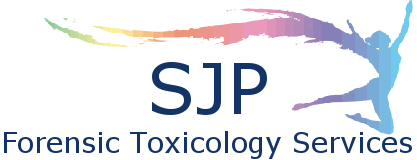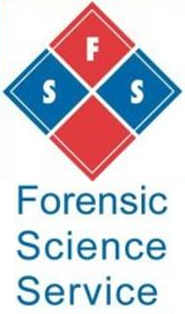
RTA: DUI Alcohol
Under the Road Traffic Act 1988 it is an offence to drive, or to be in charge of, a motor vehicle whilst the concentration of alcohol in your system (blood, urine or breath) exceeds that of the prescribed limit.
In most cases, if a driver has been found to have an alcohol concentration that exceeds the prescribed limit* in their system they will be charged with the offence and then either plead or be found guilty of that offence.
However, in some instances there may be mitigating circumstances surrounding the event and these could lead to a challenge of the proposed prosecution. Examples of such mitigating circumstances include post-incident alcohol consumption, the unwitting consumption of alcohol (i.e. a spiked drink or the consumption of a domestic beverage that contained unexpected alcohol) or the individual was not going to drive until the alcohol concentration in their system fell below the prescribed limit.
*The prescribed limits are: 80mg/100ml in blood, 107mg/100ml in urine and 35μg/100ml in breath




